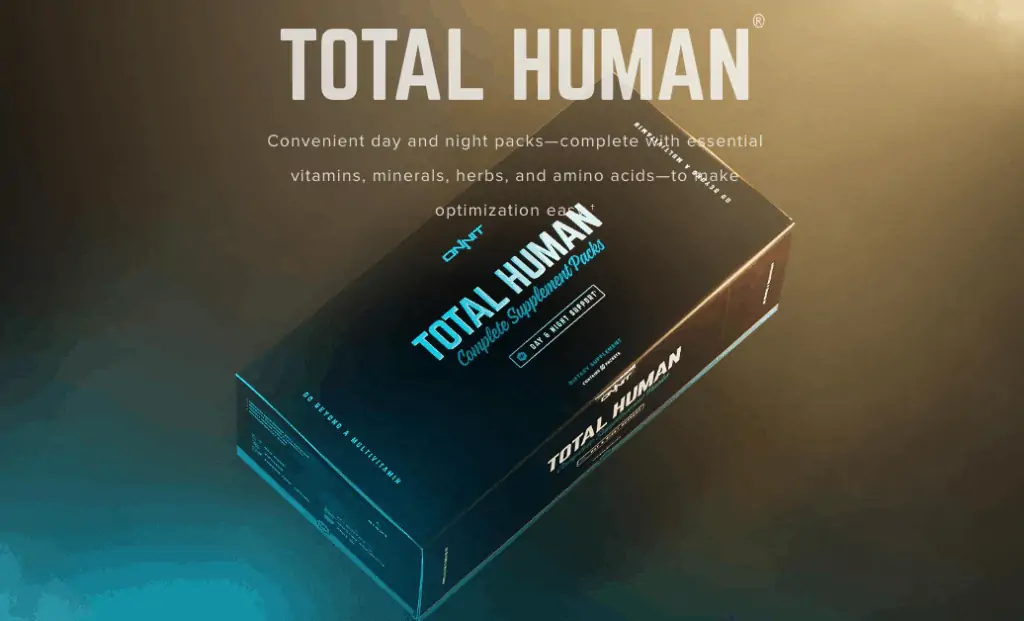
Pushing yourself is great. But have you ever pushed yourself … too hard?
Well, welcome to the squad! I think we can all agree that if we’ve been in the training game for a bit of time, it’s likely that we’ve pushed ourselves a bit too hard trying to reach a goal. And the result of that? Extra soreness or a pulled muscle at the least, burnout and an injury at the worst.
Whichever one is the case, recovery is essential. And what is essential to recovery, aside from rest?
Nutrition.
Eating For Recovery
Obviously, rest is operation number one when you’re recovering from over-training, burnout, or an injury. However, another key to the recovery equation is the foods you’re consuming.
Whole, natural foods contain the vitamins, minerals, amino acids, and other compounds that build and repair our bodies. If we don’t get enough of them? Well, our bodies don’t have what they need to repair and grow effectively.
Now, you may be thinking, “Sweet, I’ll up my protein intake.” And while that can be effective (and you should be getting plenty of high-quality, natural protein) it’s not the entire story.
1. Add Quality Carbs
This goes double if you’re experiencing burnout (fatigue, chronic injuries, chronic stress, anxiety, sleeplessness, heart palpitations) and have been going low carb for a while. Our bodies were designed to run on a range of whole foods with varying levels of nutrients at varying times, and foods that contain carbohydrates are included. To clarify, this doesn’t mean that going low carb is bad. On the contrary, it can be effective for fat loss and some other conditions. However, just because something works as a solution to a problem doesn’t mean one continues to use the solution after the problem is resolved. For instance: would you continue to take a medication for a health issue once the issue was cleared?
Our ancestors would likely have eaten a varied diet, experiencing periods of low carb eating when they were lacking starches, and higher carb eating when they had starches or fruit available. Our bodies naturally prefer glucose as a source of fuel, which is why I would always recommend a cyclical approach to low carb if you wanted to try it.
In terms of recovery, adding quality, clean carbs like those from sweet potato, butternut squash, parsnips, cassava, berries, and even quinoa can help reduce stress hormones, which play a role in inflammation. Whole-food carbs also contain various minerals that help ease your nervous system, further reduce inflammation, and assist in repair.
Remember: you don’t have to go crazy: simply add a serving or two of the clean carbs like those mentioned above to one or two of your meals.
2. This Type Of Fat
Omega-3s are game changers when it comes to reducing inflammation. Plus, studies have also shown that getting in enough omega-3s can help prevent and ease muscle soreness (which is what we definitely want right now).
Consuming omega-3s from fish gives you a one-two punch for recovery: you get a high dose of omega-3 fatty acids, while also getting a clean dose of protein and amino acids that facilitate muscle repair.
Be sure to get in a serving of wild, fatty fish 3 times per week. Think: wild salmon, sardines, mackerel, etc …
3. Antioxidants
Any type of damage to your body (self-imposed through training, inflammation, or otherwise) produces free radicals, which can cause further damage, even to your DNA.
Consuming foods high in antioxidants reduces the amount of these free radicals so that you can repair more efficiently and with less collateral damage.
Foods like organic berries (blueberries, blackberries, strawberries), oranges, sweet potato, leafy greens like spinach and kale, tomatoes, and even egg yolks, are rich in a spectrum of antioxidants that specialize in repair. Try to get in several servings of them per day.
4. Magnesium
Magnesium is a critical mineral that plays a role in an extraordinary number of processes in your body. For the sake of recovery, we’ll stick to the fact that magnesium heavily participates in the process of energy metabolism and assists the maintenance of normal muscle contraction and relaxation. If we don’t get enough of it, studies show that it can impair performance and result in muscle cramps.
Magnesium can be found in leafy greens, potatoes, nuts and seeds, and even in high amounts in dark chocolate (go extra dark to avoid the excess sugar). You can also soak in Epsom salts several times per week to help absorb magnesium transdermally.
5. Grassfed Meats
Of course, we couldn’t leave protein out of this list. High-quality protein from grassfed meats contains all of the essential amino acids your body needs to repair your musculoskeletal system. Meat that is grassfed is also higher in omega-3s than grain-fed counterparts, so you’ll also be getting a higher dose of omegas.
Try to consume a serving with each meal, even slightly upping your intake (not excessively, but perhaps by a few ounces) for recovery.
What About Other Supplements?
My advice is to always stick to whole foods and natural herbs before relying too heavily on supplements. However, sometimes we could use a little extra help in meeting our foundational nutrient requirements, and some individuals who are training much more intensely than others (say, at an athlete’s level) could also use a boost.
For recovery, it would help to focus on additional BCAA’s (also found in animal proteins) and glutamine, which can help assist in muscle repair. Making sure your mineral base is covered is a good idea as well (up your fruit and veggie intake to do this naturally, or consider a multi-mineral supplement). You can also look into anti-inflammatory herbs and foods like ginger and turmeric, which can help reduce excess inflammation.
You can also try Onnit’s Total Human below, which contains a full range of vitamins, minerals, herbs, and other natural compounds designed to help ease stress, assist in recovery, and perform at your best. Use my code: PRIMAL to SAVE:
The Bottom Line
• Food provides the building blocks our body needs to repair from injuries, soreness, and over-training.
• Increase your intake of clean carbs slightly during recovery to ease stress and refuel glycogen stores.
• Make sure to get plenty of anti-inflammatory omega-3 fatty acids from fish.
• Increase your magnesium intake
• Get plenty of grassfed protein.

